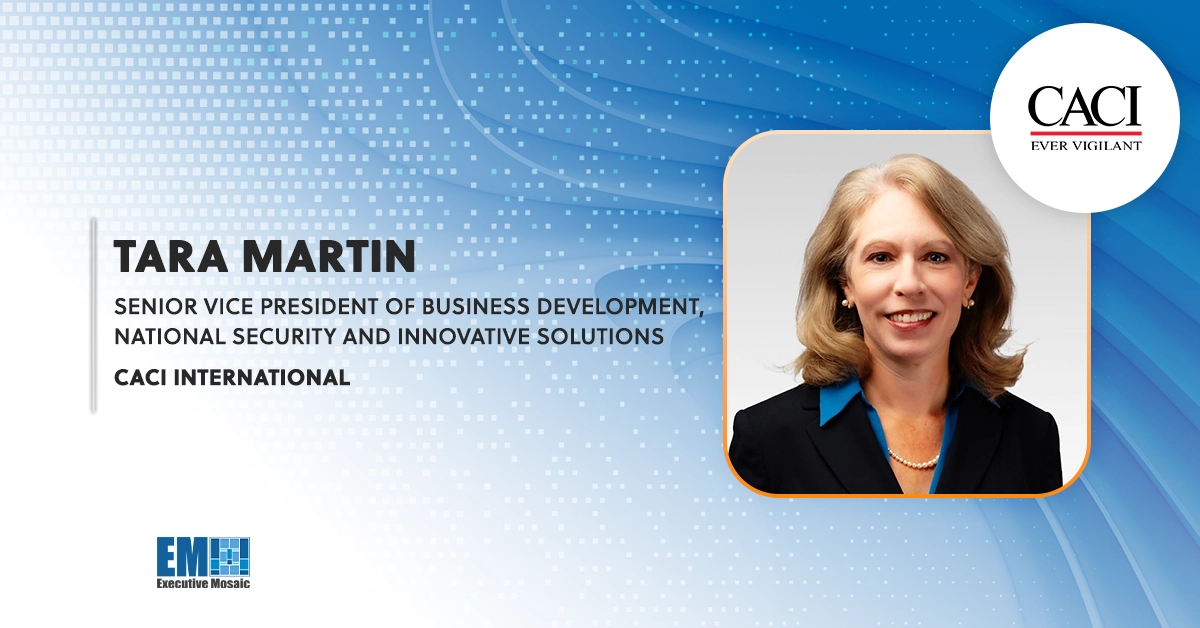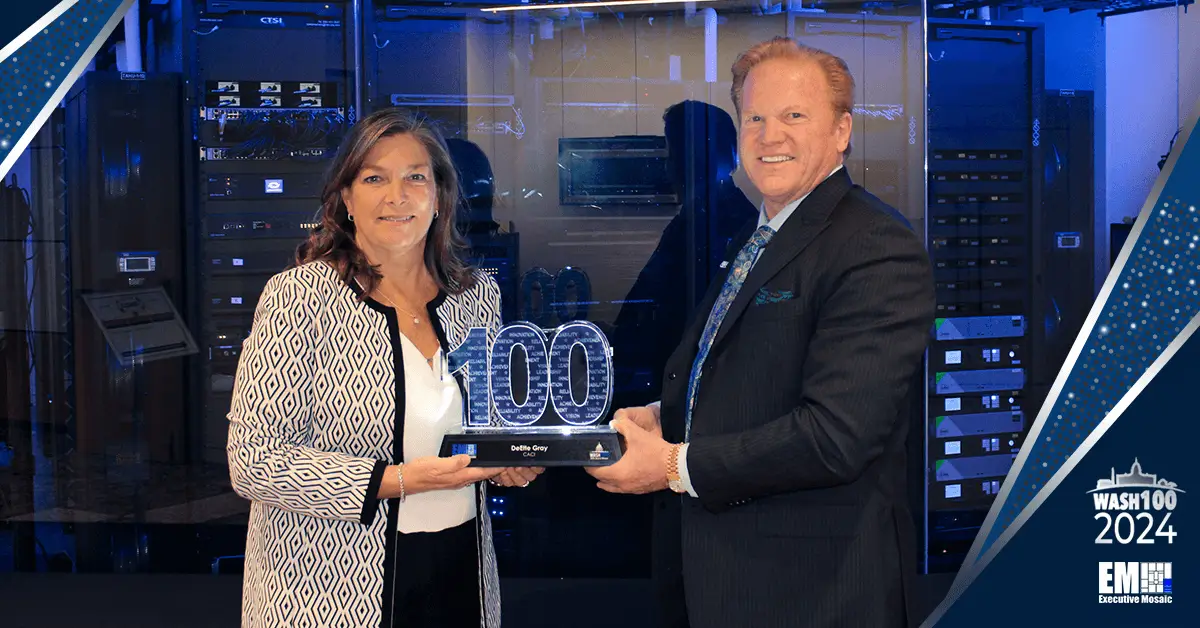GovConWire Events will host its 2020 Business Development (BD) Trends Forum, featuring Stephanie Shutt with the General Services Administration (GSA) and Frank Kelley of Defense Acquisition University (DAU), on Thursday, August 27th.
The speakers will dive into current BD trends, tips for securing contracts and Fiscal Year (FY) 2021 federal budget projections. Do not miss out on this must see forum!
Click here to register for the 2020 BD Trends Forum on Aug. 27th.
GSA’s Schedule Consolidation
The GSA’s Multiple Awards Schedules (MAS) program has been remarked as one of the government’s premier programs for acquisitions, generating billions of dollars in sales. The administration has made efforts to consolidate 24 schedules into an all-inclusive “master schedule.”
Stephanie Shutt, director of MAS Program Management Office (PMO) with the GSA, recently discussed her goals to consolidate GSA scheduling. She stated that the main goal of the project is to help the entire program become more consistent.
After receiving feedback from industry, customer agencies and GSA’s workforce, she recognized that groups that ended up being siloed due to the amount of schedules.
“We found when we were talking to everyone that not only was there a consistency issue, but they became a duplication issue because everyone was building on their own, not as an enterprise… we realized the only way we’re going to be able to do that is to go one to so that that guessing game was eliminated.”
She added that with the moderations to the schedule, “You could have different terms and conditions based on how that commodity was put on contract. If you bought off a services contract that happened to have a few commodities, it would be a different way than if you were buying commodities off a contract that was just for commodities and no services. In the world today, people don’t usually buy just commodities or just services, everyone’s buying solutions.”
BD Trends in 2020
ActiveCampaign recently released a report, outlining the five BD trends of 2020, including Put emerging tools, promotion and emphasis on development, advertising, align outbound with marketing and awareness, and discussed how to integrate them into your business.
Recent tools have been released to help optimize acquisitions, bidding and purchasing. The company reported that contact organization is critical and businesses should adapt customer-relationship-managers (CRM) tools to keep contact records, interactions. and next steps organized. Data uniformity has also been essential to enable business to pre-program call note formats.
“As sales leaders, sometimes you need to strip that away and remember why you’re here in the most basic form: to teach sales reps how to sell. You’re here to teach them to be consultative and not just the people who push features and functionality. You need to help them develop their sales skills,” the report stated.
In addition, ActiveCampaign stated that the largest opportunity for BD strategy is outbound. To receive return from outbound sales, your sales message should be aligned with your marketing strategy, including key initiatives such as brand awareness, credibility and thought leadership.
A unified strategy will create a greater consistency, longer customer lifecycles and improve customer relations. Business should also offer a set of services that can be differentiated from buyers, and should continue to be expanded and promoted after a customer signs a contract.
FY 2021 Budget
The White House released its 2021 Budget in Feb. 2020, outlining topics of finding across agencies. The key priorities in the budget include, Better Trade Deals, Preserving Peace through Strength, Overcoming the Opioid Crisis, Regulation Relief and American Energy Independence.
Members of the House Appropriations Committee have announced a draft of the fiscal 2021 spending bill in early July 2020. The committee’s spending bill for financial services and general government funding sets aside $6 billion to modernize federal buildings.
The spending bill also gives the IRS requested funding to improve taxpayer services, but also outlines congressional resistance to redefine delivery standards for the Postal Service.
In the draft, the committee has allocated more than $9 billion in total to GSA for federal real property, which would find property management and maintenance, protection of federally owned and leased buildings, restoration and repairs and construction and cleaning contracts for federal office space. More than $585 million would go toward repairs and alterations.
Human-Centered Design Buying Guide for Agencies
The GSA has developed The Evaluation and Buying Guide that has provided federal agencies an overview of customer experience, tips for framing customer experience efforts, principles for evaluating industry partners, acquisition help and additional resources.
The guide is based on four tenets: focus on a persistent customer need; start with an inspiring vision for changes; identify your needs and ask for help and share your research in the open. It then described a three-phase approach to transforming an agency priority into a measurable customer experience initiative.
GSA’s guide has additionally provided details regarding how agencies should select industry firms to work with and outlined five customer experience principles agencies should ensure potential industry partners can properly address.
The list has included, start with empathy for the customer; use human-centered design practices to understand customer journeys and needs; involve customers in service design improvements; create, test and refine ideas and solutions and measure efforts against outcomes that point to tangible improvements in customer experience.
The guide also lists red flags for agencies. GSA has also provided specificity regarding how agencies should acquire customer experience services and technologies and appropriate methods for engaging vendors.
Federal Acquisition Service (FAS) Initiatives
The Federal Marketplace Strategy (FMP) is GSA’s plan to modernize and simplify the buying and selling experience for customers, suppliers, and acquisition professionals. The goal is to ensure the federal marketplace experience of tomorrow is even better than it is today.
Through the FMP Strategy, GSA will simplify discovery and acquisition of products, services and solutions that meet their mission needs; reduce barriers to doing business with the government, and improve access to opportunities for qualified suppliers; and empower the FAS workforce to spend more time performing the highest value activities and focus on excellence in service delivery.
In addition, through the MAS Transformation, FAS will provide stakeholders a MAS program that will address current market conditions and provide the government with a streamlined, value-based contracting solution that continues to save time and costs.






